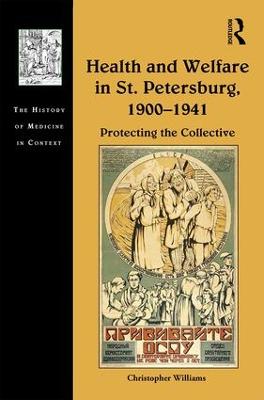Institutional Design and Voting Power in the European Union
 -15%
portes grátis
-15%
portes grátis
Institutional Design and Voting Power in the European Union
Zyczkowski, Karol; Cichocki, Marek A.
Taylor & Francis Ltd
10/2010
322
Dura
Inglês
9780754677543
15 a 20 dias
760
















